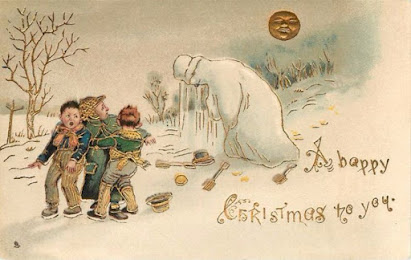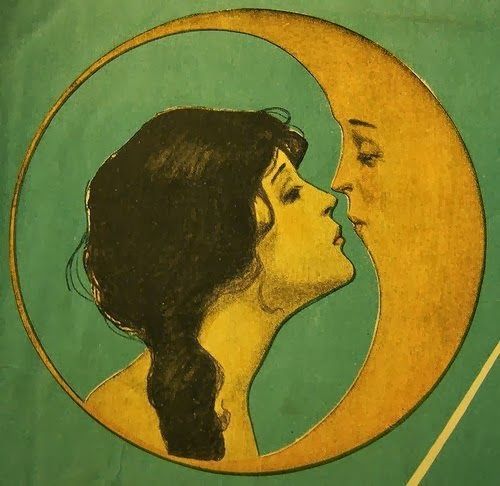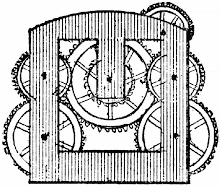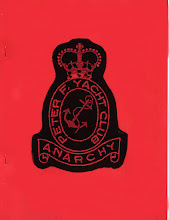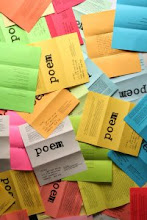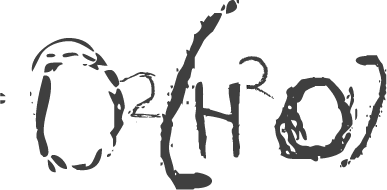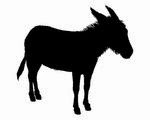The Odes (Incomplete)
Zane Koss
$5
Afterword
When I write poetry, I almost always listen to music. Usually, I listen to rap music.
I wrote my second chapbook, job site, listening to two songs from Chance the Rapper’s 2016 album Coloring Book, “Summer Friends” and “Same Drugs,” repeating on a continuous loop. Something about those songs exactly captured the tone I wanted for that poem, and in my mind those songs left an indelible imprint on the poem. Following the completion of job site, I began to think about ways I could make the debt that I owe to the rap artists who have influenced and affected my work more obvious. Writing these poems as odes felt necessary.
There’s something strikingly visual – almost architectural – about the most compelling rap verses: a spatiality not unlike a gothic cathedral, both empty and intricate, thousands of tons of granite and marble seemingly suspended by air, imposing yet effervescent. The grid form I developed for these odes hopes to capture this synesthetic sense of spatiality. This grid form also cites the four-by-four, sixteen bar structure of the standard rap verse. The letters that constitute each grid were arrived at through repeated listenings of each song that the ode is rooted in. Some odes directly quote – or misquote – lines from the song to which they’re dedicated. Each ode was written with that song on repeat, drawing sonic textures, rhythms, tones, words, ideas, associations, and other materials from the artists that perform on each track.
At one point, my plan was to complete a full alphabet of songs. As I progressed the effort became more and more forced, as I tried to rush to completion. I started writing odes that were more about my personal history with each song rather than odes that attended to each song on its own terms. This initial method had allowed me to learn more about sound and rhythm in language than I had ever previously. At the same time, I grew more and more suspicious of the politics behind my motivation for this project, a suspicion I still hold. I am a white person with no connection to hip-hop culture other than as a consumer. I abandoned the project uncompleted. It remains so.
I offer this unfinished manuscript in partial recompense for the immense debt that I owe to the artists, works, and traditions of rap and hip-hop. This debt increases daily.
---
Any proceeds I receive from this project will be donated to the Bronx Defenders or Urban Words NYC.
published in Ottawa by above/ground press
December 2020
a/g subscribers receive a complimentary copy
Zane Koss is a resident alien currently living in Bay Ridge, Brooklyn. He was raised on the unceded territories of the Ktunaxa and Secwépemc nations. His critical and creative work can be found in the
Chicago Review,
the /temz/ Review, CV2,
Poetry is Dead, and elsewhere. He has published three other chapbooks of poetry,
Invermere Grids (above/ground, 2019),
job site (Blasted Tree, 2018) and
Warehouse Zone (Publication Studio Guelph, 2015). Zane is a doctoral candidate in the English Department at New York University, where he researches Canadian, Mexican and U.S. poetry in the 1960s and 1970s. He would like to thank you for reading his work.
This is Koss’ second above/ground press chapbook, after
Invermere Grids (2019).
To order, send cheques (add $1 for postage; in US, add $2; outside North America, add $5) to: rob mclennan, 2423 Alta Vista Drive, Ottawa ON K1H 7M9. E-transfer or PayPal at rob_mclennan (at) hotmail.com or the PayPal button at
www.robmclennan.blogspot.com


